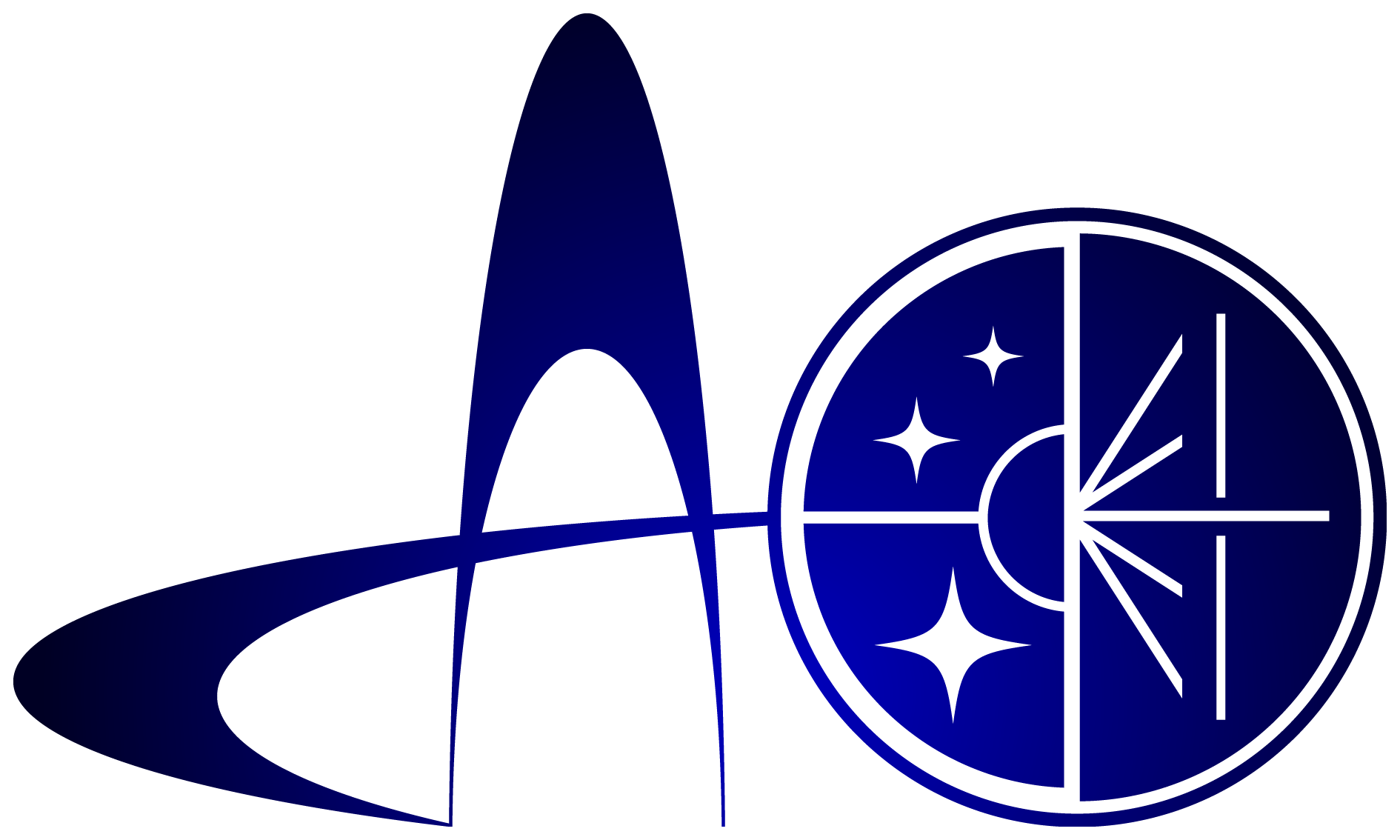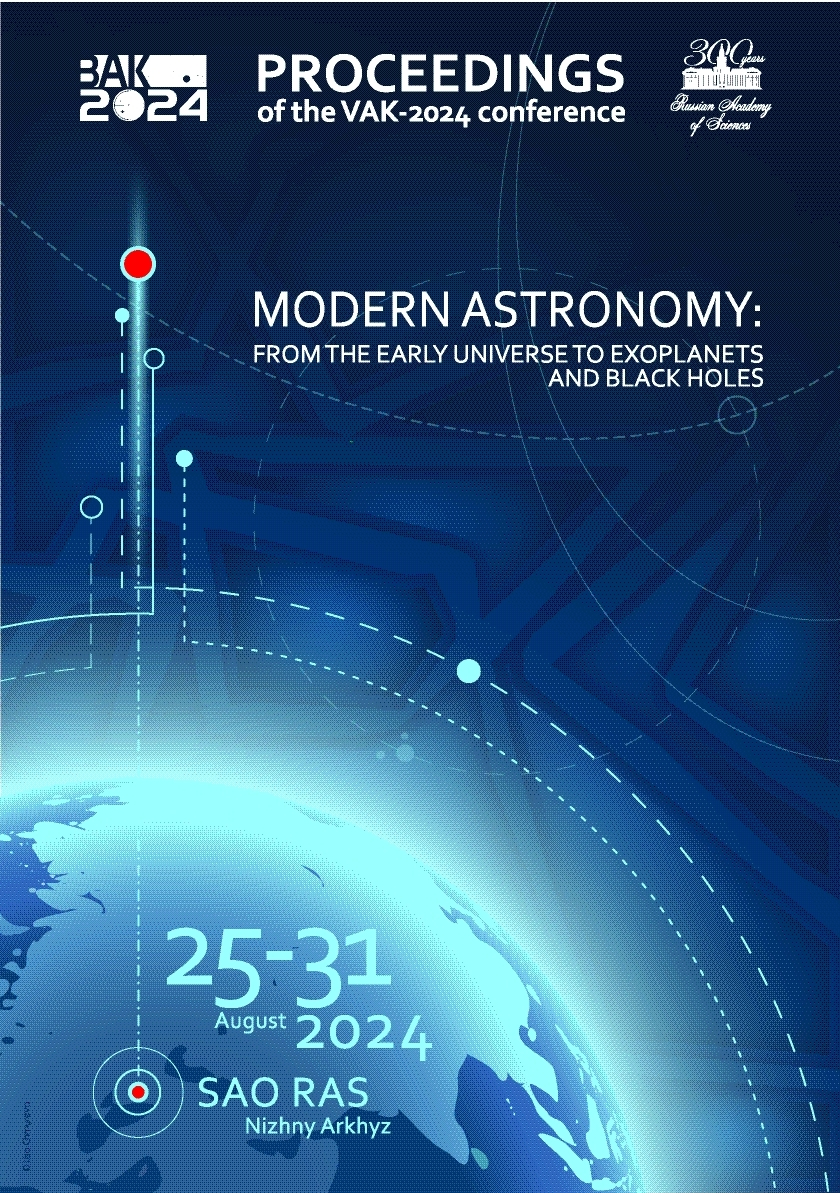Institute of Astronomy (INASAN)
Institute of Astronomy (INASAN) RAS
Russian Federation
UDC 53
UDC 520
UDC 521
UDC 523
UDC 524
UDC 52-1
UDC 52-6
CSCSTI 41.00
CSCSTI 29.35
CSCSTI 29.31
CSCSTI 29.33
CSCSTI 29.27
CSCSTI 29.05
Russian Classification of Professions by Education 03.06.01
Russian Classification of Professions by Education 03.05.01
Russian Classification of Professions by Education 03.04.03
Russian Library and Bibliographic Classification 2
Russian Library and Bibliographic Classification 223
Russian Trade and Bibliographic Classification 614
Russian Trade and Bibliographic Classification 6135
BISAC SCI004000 Astronomy
BISAC SCI005000 Physics / Astrophysics
This paper focuses on the application of UBVRI-photometry to detect signs of sublimation-dust activity in Main Belt asteroids. Survey observations have been conducted at the Caucasian Mountain Observatory of Moscow State University since 2021, using the RC600 telescope, which has provided data for 133 asteroids. Special attention is given to primitive-type asteroids (with low-temperature mineralogy), many of which may still retain water ice in their interiors. Numerical models of light reflection by active C-type asteroids with a dust exosphere have confirmed spectral differences depending on particle composition. A qualitative criterion for the activity of a primitive asteroid was established, based on the occurrence of a negative gradient in its reflection spectrum in an active state due to ice sublimation and the formation of a dust exosphere. As a result of observations and data analysis, spectral signs of dust activity were detected in 14 primitive asteroids, confirming the effectiveness of the method used.
methods: observational; techniques: photometric; asteroids: active asteroids
1. Busarev V., Barabanov S., Rusakov V., et al., 2015, Icarus, 262, p. 44
2. Busarev V., Petrova E., Shcherbina M., et al., 2023, Solar System Research, 57, 5, p. 449
3. Busarev V., Petrova E., Shcherbina M., et al., 2024, Solar System Research, 58, 6, p. 715
4. Elst E., Pizarro O., Pollas C., et al., 1996, International Astronomical Union Circular, 6456, id. 1
5. Petrova E. and Busarev V., 2023, Solar System Research, 57, 2, p. 161
6. Rickman H., Gustafson B., Fernandez J., 1990, Asteroids, Comets, Meteors III, Proceedings of a meeting (AMC 89), ed. C.I. Lagerkvist, H. Rickman, and B.A. Lindblad., p. 423
7. Shcherbina M., Busarev V., Burlak M., et al., 2022, INASAN Science Reports, 7, p. 93






